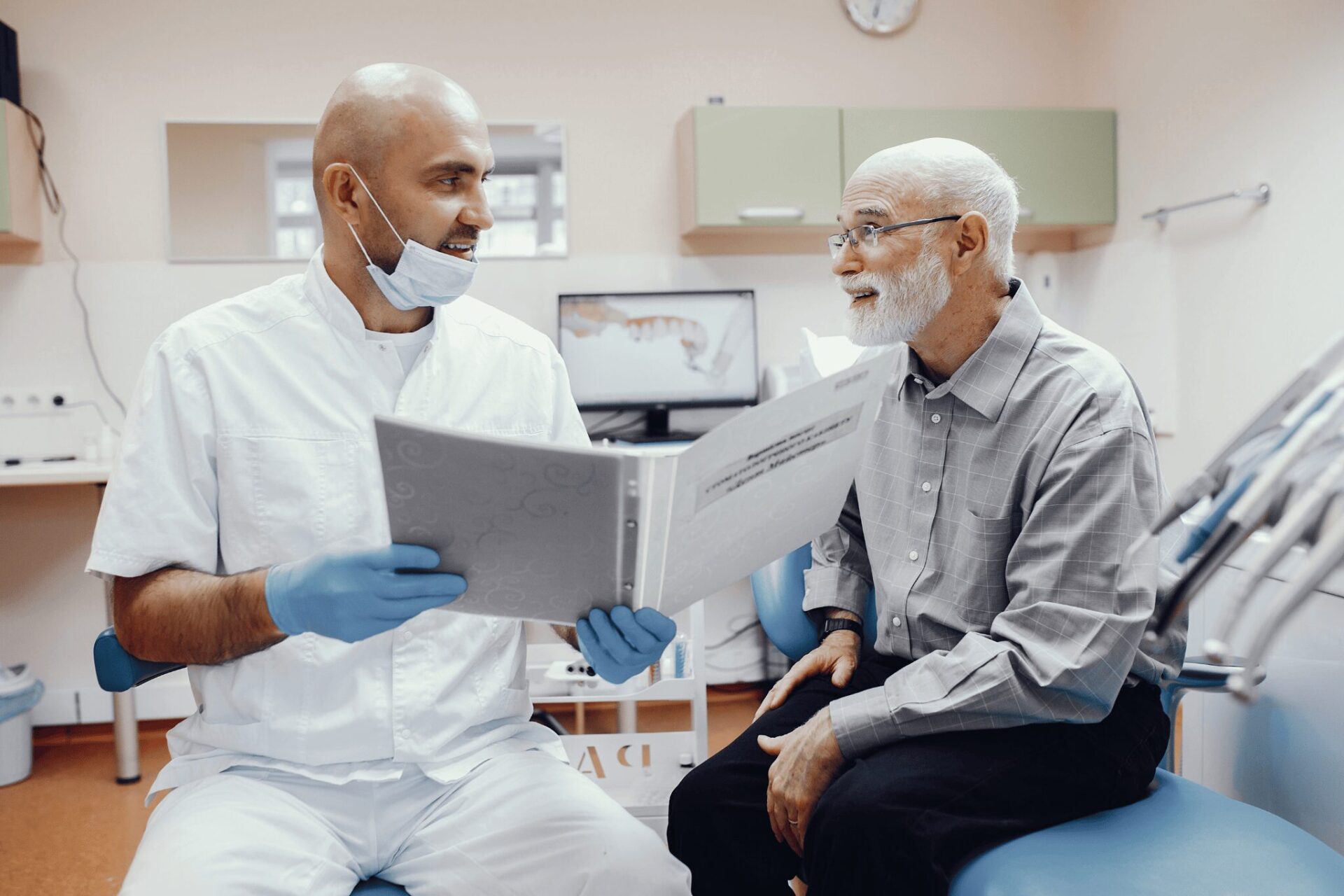Losing a tooth can be a distressing experience for adults, and dental implants offer a permanent solution not only for aesthetics but also for functional purposes. Dental implants aid in chewing and breaking down food, contributing to proper consumption and digestion. Following a dental implant procedure, adhering to post-implant care, particularly a dairy-free diet, is crucial for successful osseointegration, the process bonding the implant with the jawbones. For more information visit our dental implants section. This article explores the reasons behind the recommendation to avoid dairy products after dental implants for optimal healing.
Impact of Dairy on Dental Implants
While dentists in German-speaking countries often advise against consuming milk and dairy products post-oral surgery, there is a lack of national guidelines on the matter in the United States and internationally. Current research has not provided conclusive evidence supporting the harmful effects of dairy consumption on dental implants. It is a common perception that dairy products are a good source of calcium and vitamin-D. However, for specific information on the direct impact of dairy products on dental implants, further research or expert opinion may be necessary. Nonetheless, we may need to look for dairy alternatives for calcium.
Although scientists have found that high yogurt and low cheese intake are associated with decreased risk of dental carries among American children and adolescents, that may be the case for the long run. In short-run Post-dental implant surgery care requires your to avoid dairy products. While it is yet to be proven, there are some harmful effects of dairy products on dental implants.
Potential risks include the risk of infection due to fats triggering inflammation in the implant area and the possibility of dairy products becoming breeding grounds for harmful bacteria, especially when left at room temperature. Casein, a protein in dairy, can trigger inflammation, delaying healing. Additionally, dairy’s interference with blood clotting, crucial for the healing process, may lead to prolonged bleeding. Thick dairy products can trap food particles, creating a breeding ground for bacteria.

What to Eat After Dental Implant Surgery
After dental implant surgery, following a dentist’s recommendations is vital. A cool and liquid diet for the first two days is often advised, progressing to a soft food diet for the initial three months. Your dentist may also recommend multivitamin supplements to ensure sufficient nutrient intake for optimal healing. Weeks after surgery, meals rich in protein and essential nutrients can expedite recovery.
Research on dietary strategies to optimize wound healing after periodontal and dental implant surgery highlights that importance of nutrition in dental implant recovery is crucial. They found that a healthy diet has potential to accelerate oral wound healing and improve treatment outcome and patient satisfaction.
Soft Foods for Initial Healing
After having your dental implant surgery completed, your jaw and teeth are in a very delicate condition. So it is important to ask your doctor for a safe time to start eating and what diet you should follow for post-dental implant. While dairy is temporarily restricted, dentists recommend alternative soft foods after dental implants. Nourishing options include soups, smoothies, protein shakes, mashed potatoes, bananas, avocado, eggs, tofu scrambles, soft omelets, steamed fish, chicken, vegetables, pudding, Jello, and applesauce.
Common Concerns and FAQs
How soon can you eat after Dental Implants?
Follow specific instructions from your dentist, typically starting with a liquid diet for the first 24 hours, then transitioning gradually to soft foods for several weeks. Avoid hard, crunchy, or chewy foods, prioritizing gentle chewing to prevent stress on the implant site. Eating can commence once the effects of anesthesia wear off.
Can you eat dairy after Dental Implant surgery?
Following dental implant surgery, it is crucial to avoid dairy products for proper healing and to reduce the risk of complications.
What foods can you eat after dental surgery?
Professional advice for post-implant care recommends consuming soft, non-chewy options are recommended, while hot foods, using straws, smoking, and alcohol consumption should be avoided.
What not to eat after dental implant surgery?
After dental implant surgery, steer clear of hot foods or beverages, refrain from using straws, and avoid smoking or alcohol consumption. Additionally, avoid crunchy, tough, chewy, sticky, acidic, and spicy foods to promote optimal healing and minimize complications.
Foods to avoid post-implant surgery:
In post-implant care you should avoid eating crunchy, tough, chewy, sticky, acidic, and spicy foods. Consuming any kind of food that involves putting pressure on your teeth, the implant or your mouth should strictly be avoided such as sucking fluids through a straw.
How can I make my dental implants heal faster?
Follow your dentist’s guidelines, maintain good oral hygiene, and adhere to a recommended diet for optimal healing.
Can you eat nuts with dental implants?
It is best to follow your dentist’s advice; however, nuts may be challenging initially due to their hardness. So it would be best to avoid eating nuts during the healing phase of your dental implant surgery.

Conclusion
Optimal healing after dental implant surgery requires proper care and adherence to a suitable diet. While temporarily avoiding dairy may seem challenging, it is a small step toward a lifetime of confident smiles. Embrace a variety of delicious dairy-free recipes for dental implant patients, prioritize nutrition, and follow your dentist’s guidance for a smooth and successful recovery. Our professionals at Advanced Indiana share insights, tips, and recommendations to support your journey to optimal dental health. By understanding the impact of food choices on recovery, embracing soft, nourishing alternatives, and prioritizing nutrition, you pave the way for a successful and comfortable dental implant journey.
At Advanced Indiana, we are committed to your well-being, providing the knowledge and support you need for a seamless recovery after dental implants. Advanced Indiana professionals are here to support your journey to optimal dental health. Contact us for personalized advice in Fortville, Anderson, and Indianapolis, to ensure a seamless recovery after dental implants. And hey, when your implants are all settled in, who knows? You might even find a new favorite non-dairy treat along the way!
Top Photo Source: Image by prostooleh on Freepik
Second Photo Source: Image by jcomp on Freepik
Third Photo Source: Image by zinkevych on Freepik

